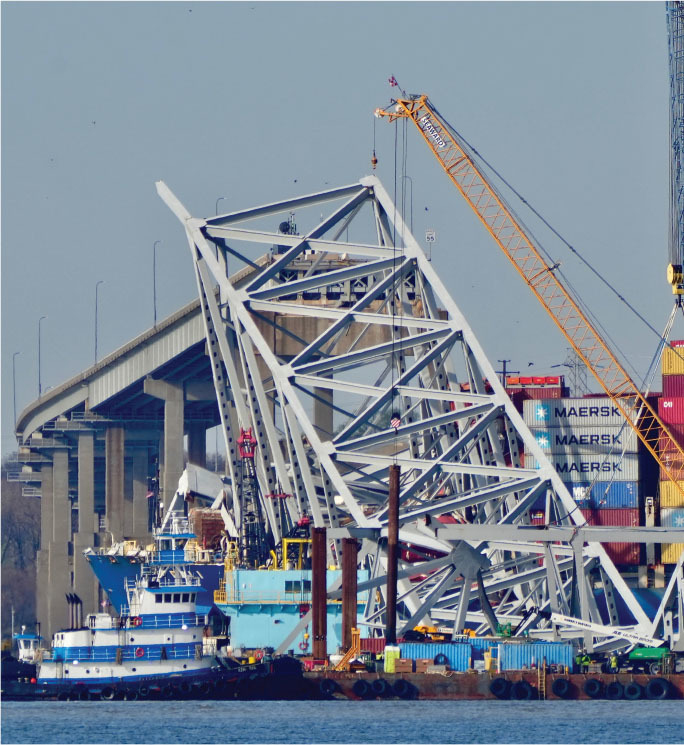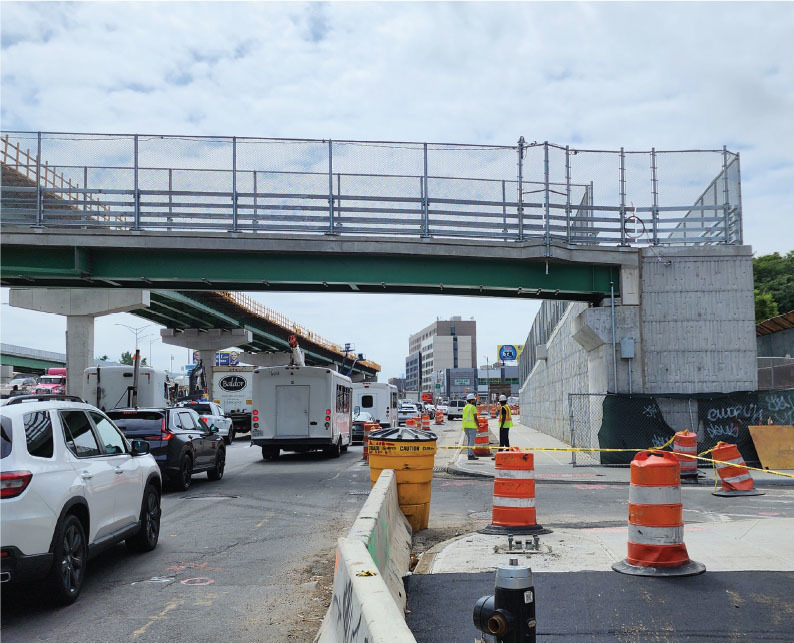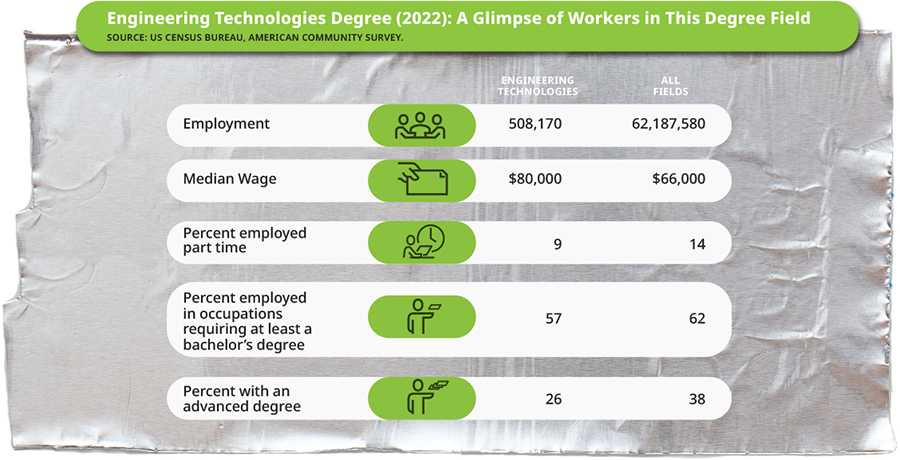May 2014
NSPE TODAY
West Virginia Law Requires PEs for Storage Tank Inspections
West Virginia Governor Earl Ray Tomblin approved legislation in March that seeks to protect the state’s water resources and the public by establishing a regulatory program for aboveground storage tanks that will require inspections by a professional engineer.
The bill (S.B. 373) was introduced in January after a chemical leak from an industrial storage tank contaminated a local water supply and water treatment plant near Charleston. More than 300,000 West Virginians lost access to safe drinking water when about 10,000 gallons of a chemical used to clean coal spilled into the Elk River. The law will take effect on June 6.
To protect the state’s water supply, the law requires the commissioner of the Bureau for Public Health to oversee and administer updated regulations for protecting public water systems. A critical component of the legislation requires certification and annual inspection of aboveground storage tanks, leak detection systems, and secondary containment by a qualified PE licensed in by the State Board of Registration for Professional Engineers. The West Virginia Society of Professional Engineers and the state chapter of the American Council of Engineering Companies supported the legislation.
The legislation also requires that the secretary of the Department of Environmental Protection establish a regulatory program for new and existing aboveground storage tanks that contain fluids other than water without additives. The secretary must establish a permitting and regulatory program that includes the following requirements and guidelines:
- Performance standards for design, construction, installation, maintenance, corrosion detection and maintenance, release detection and prevention, and secondary containment;
- Requirements for maintaining a leak detection system and inventory control systems combined with testing designed to identify releases from aboveground storage tanks in a manner that protects human health and safety, water resources, and the environment;
- Requirements for early detection of releases and immediate reporting of releases along with creating a correction action plan;
- Guidelines for the closure of aboveground storage tanks and remediation to prevent future releases of fluids or materials to the state’s water resources; and
- A requirement that any aboveground storage tank maintenance work shall start within six months from the date a permit was issued with a completion deadline of one year from the start of the work. The permit expires if the work has not started or is not completed within the prescribed time frame.


 Volunteering at NSPE is a great opportunity to grow your professional network and connect with other leaders in the field.
Volunteering at NSPE is a great opportunity to grow your professional network and connect with other leaders in the field. The National Society of Professional Engineers (NSPE) encourages you to explore the resources to cast your vote on election day:
The National Society of Professional Engineers (NSPE) encourages you to explore the resources to cast your vote on election day:










